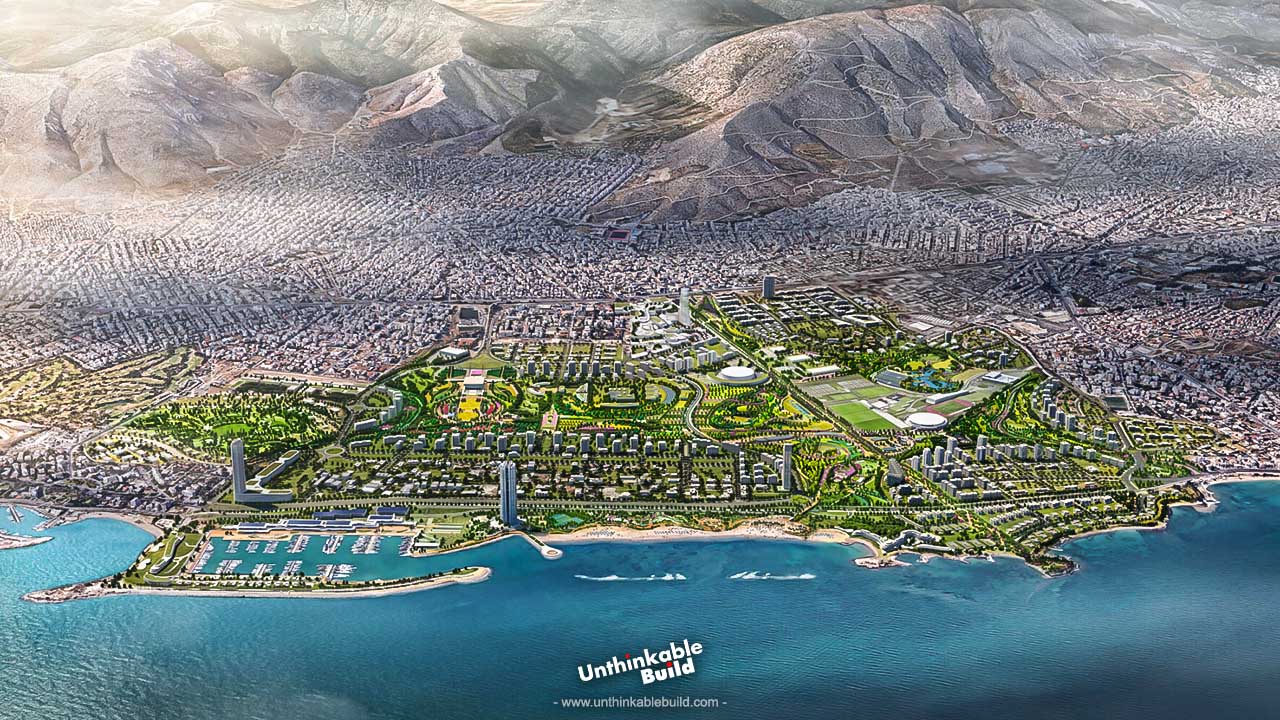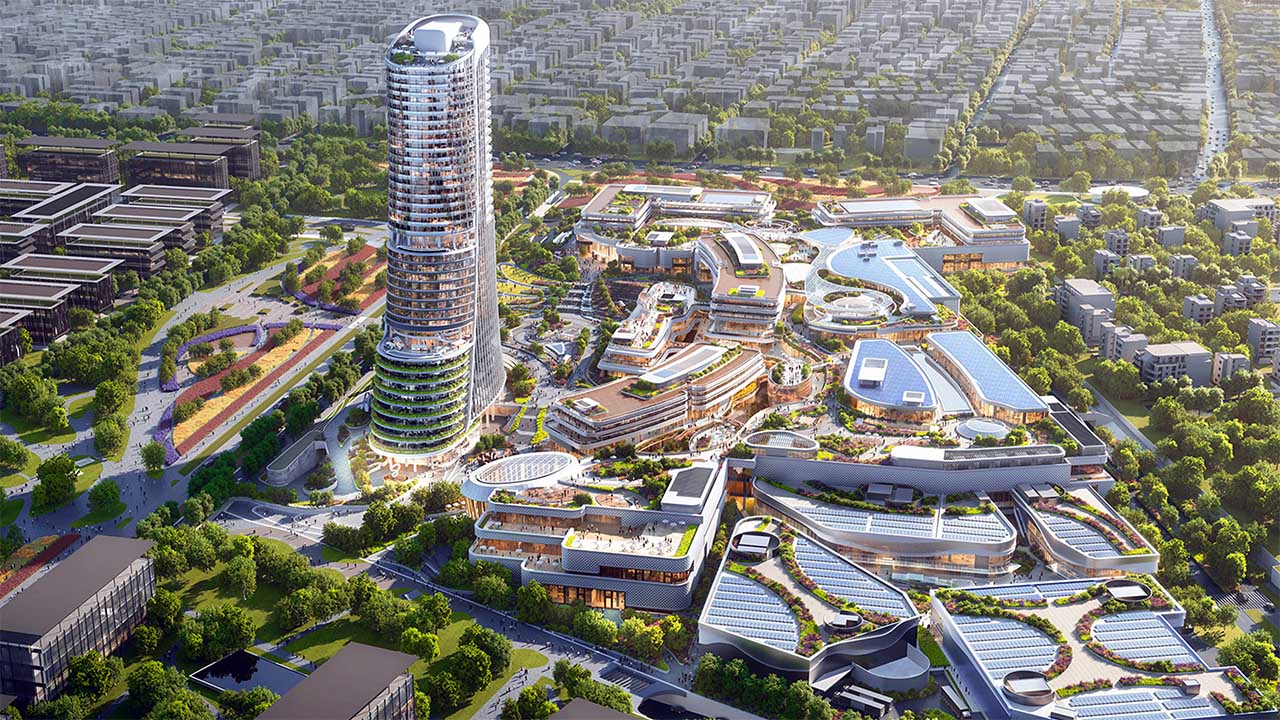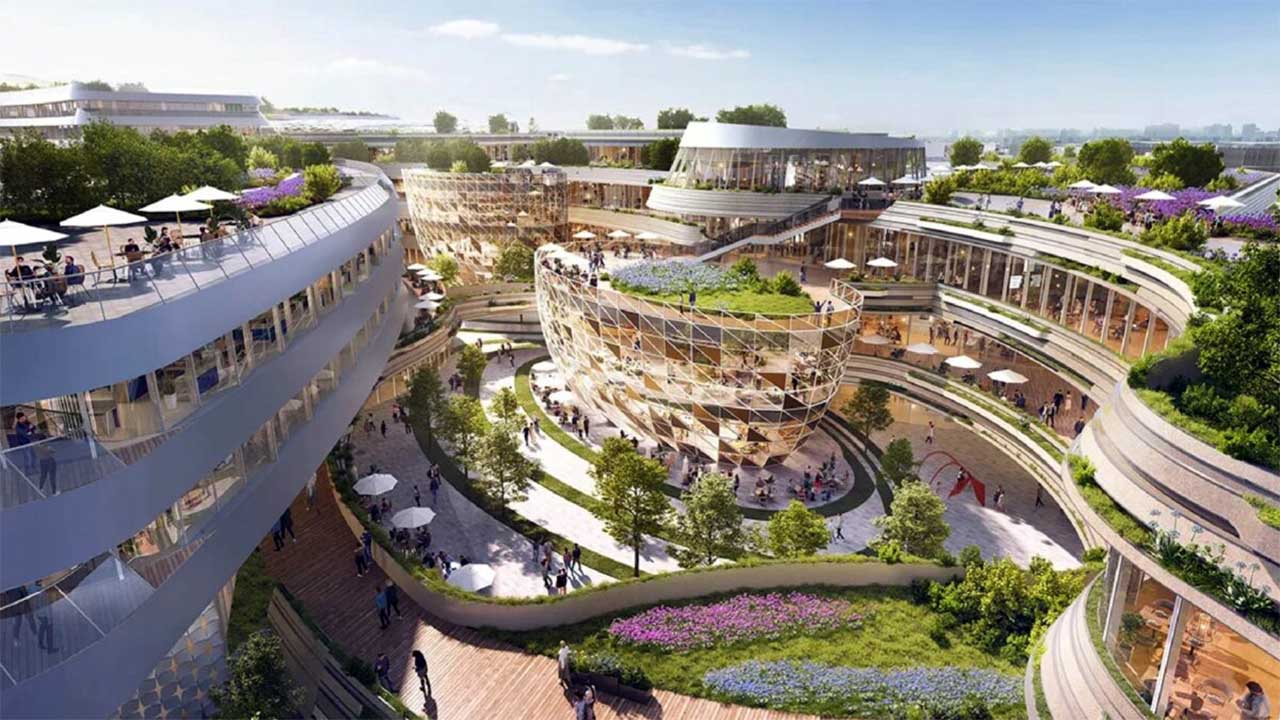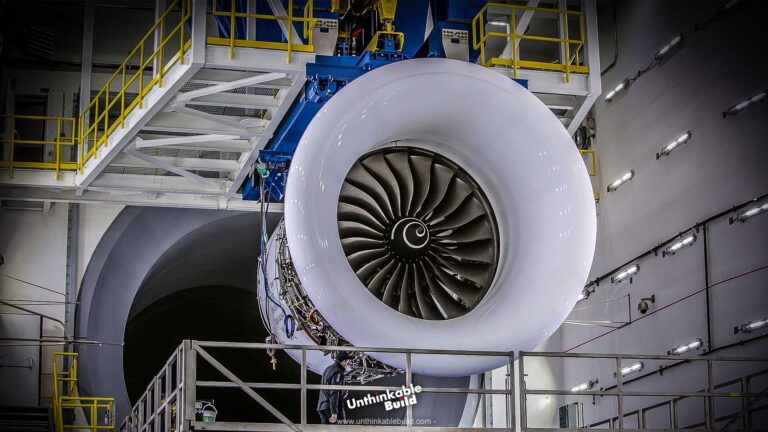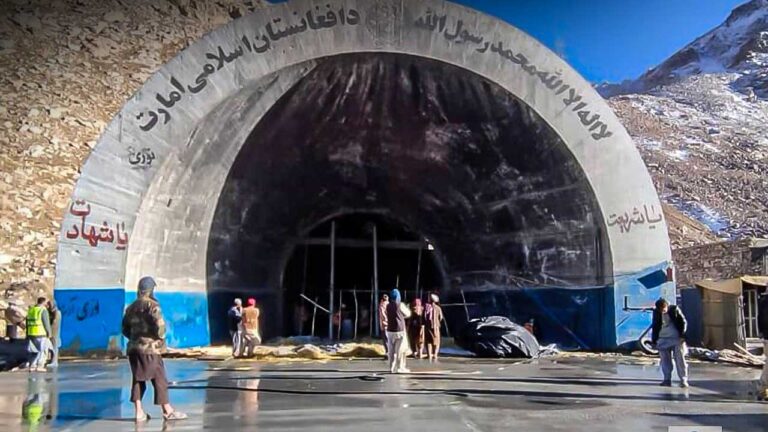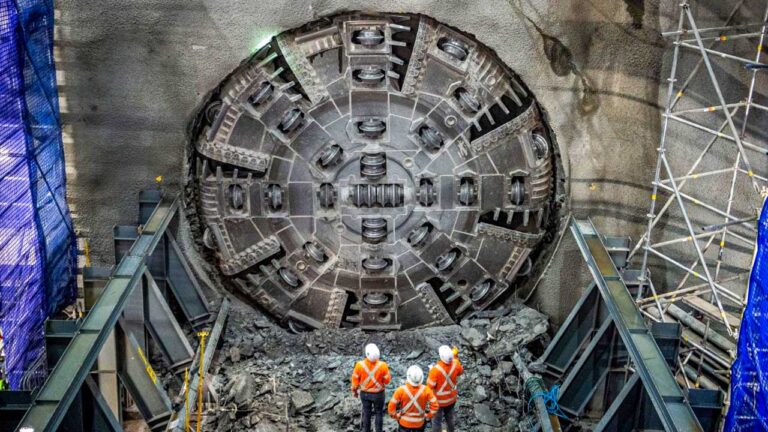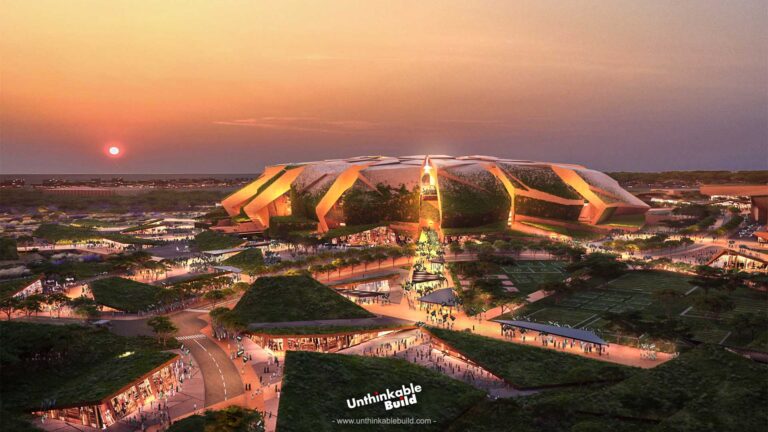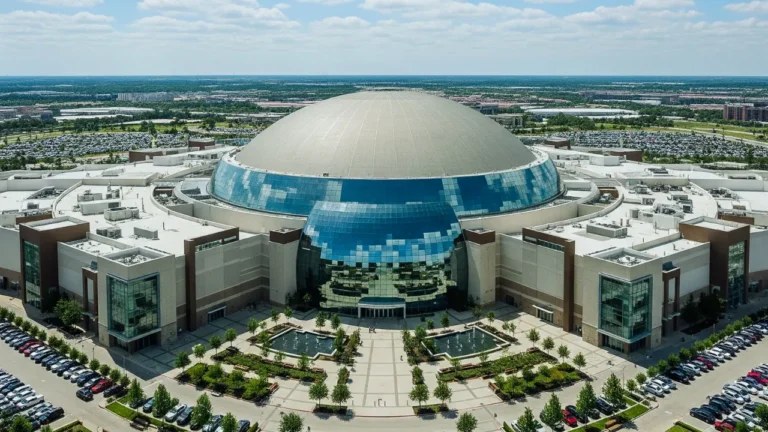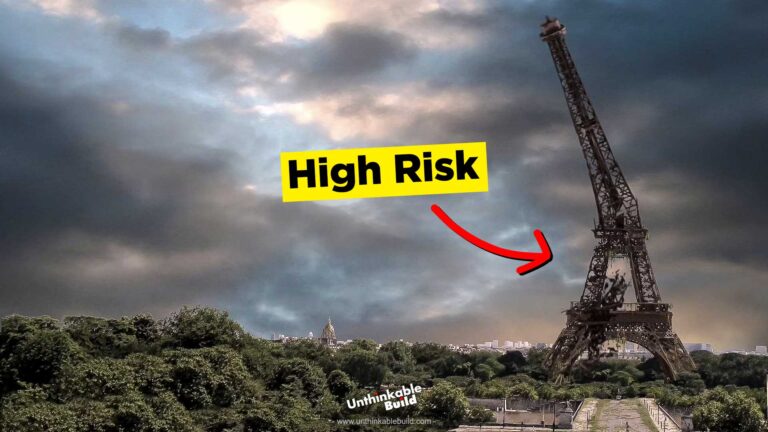Athens Is Quietly Building a City That Could Redefine Europe
When most people hear “Athens,” they think of ruins. Crumbling marble, dusty museums, and echoes of ancient philosophers. But that picture is no longer complete. A transformation is underway—one that could shift Europe’s urban future and challenge the very idea of what Athens stands for.
I walked the edges of this vast site myself. What I saw didn’t feel like history—it felt like tomorrow.
This isn’t just another tower going up. This is The Ellinikon—a city within a city, rising from the forgotten grounds of an old airport, and aiming to become Europe’s boldest urban rebirth. The vision stretches far beyond buildings. It’s about crafting a new identity for Athens—green, modern, and globally relevant.
From Abandoned Runway to Coastal Smart City
The site once housed the old Athens International Airport. For over two decades, the land lay dormant, caught between political delays, economic collapse, and missed opportunities. But now, that silence has been broken.
Covering 6.2 square kilometers, the project area is nearly the size of Monaco. It sits right along the coast, just minutes from the heart of the city. On this prime real estate, developers are building more than structures. They’re building a statement.
Homes. Parks. Office hubs. Retail zones. A billion-dollar casino and resort. Even Greece’s tallest skyscraper will rise here. But none of it comes at the cost of nature. Nearly 40% of the site is dedicated to green space—a staggering figure for an urban project. Over 31,000 trees and one million native plants are being planted, all in an effort to cool the city and reverse the heat-trap effect common in southern Europe.
Compare that to Central Park, which has just 18,000 trees—and you start to see the scale of what’s happening.
Also Read: How San Francisco Is Trying to Save Its Empty Skyscrapers
Why Now? Why Athens?
The timing wasn’t a choice—it was a necessity. The airport shut down in 2001. A few years later, the site hosted Olympic venues. Then it sat idle. Debt crippled the country. Foreign investment dried up. Hope faded.
Only in 2014 did a serious push begin, led by Lamda Development, a major Greek firm. Real construction didn’t start until 2021. It took twenty years to unlock the first phase.
Now, the cranes are moving. Foundations are in. Roads are being carved. By 2026, the first residents could be living in a city Athens once forgot. Full completion is expected around 2037.
Analysts project that Ellinikon alone could increase Greece’s GDP by 2.4%, injecting billions into the economy. Tourism could surge by over a million visitors annually. These aren’t small numbers—they point to national impact.
This Isn’t a Greek Dubai.
Dubai built its name on scale and spectacle. Tallest. Largest. Most expensive. But Athens doesn’t want to copy that model. And it shouldn’t.
Ellinikon doesn’t need to become Dubai to matter. It brings something else—a coastal city rooted in real heritage, built beside ancient ruins, and surrounded by authentic culture. You can walk from a futuristic park straight to a 2,000-year-old temple. That’s a blend you won’t find in the Gulf.
The location is a major advantage. Athens is just a 3- to 4-hour flight from most major European cities. For global investors and holidaymakers, it offers sun, accessibility, and EU residency benefits through programs like the Golden Visa. Nearly 40% of current buyers are international, and over half of the units in the first phase are already reserved.
Tourism isn’t the only angle. A Hard Rock Hotel and Casino is under construction, at a cost nearing $1 billion. Offices, malls, waterfront restaurants, and event spaces will bring life and commerce to the area.
One early sign of success is the Ellinikon Experience Park, already open and drawing crowds. Over 3 million people have visited its tech installations, gardens, and family attractions. That’s before the main city even opens.
Also Read: The Controversial $5 Billion Plan to Remake Atlanta
Can It Succeed Without Oil or Tax Havens?
Unlike Dubai, Greece doesn’t have deep oil reserves or zero-tax policies to attract investors. That makes every euro spent on Ellinikon critical. It must deliver real returns—economic, social, and environmental.
This isn’t about fast profits. It’s about long-term value. Cooling green space. Public access. Walkable communities. Smarter energy systems. If done right, Ellinikon could become a model for post-crisis redevelopment—proof that growth doesn’t have to erase heritage.
What Athens Needs Isn’t More Hype. It Needs Hope That Lasts.
There are critics. Some see it as a luxury enclave for the wealthy, disconnected from the struggles many Athenians still face—rising heat, housing shortages, and shrinking public space. And those concerns are real.
But if Ellinikon stays open, inclusive, and public-oriented, it could do more than revitalize a district. It could revive the spirit of a city that has carried history on its back for too long.
Greece doesn’t need another tourist photo-op. It needs infrastructure that works. Cities that breathe. Spaces that serve people before profit. And that’s what makes this project worth watching. So, would I visit Ellinikon? I already have. And what I saw wasn’t a fantasy. It was a blueprint—one Athens deserves to see fully realized.

